Making Cities Resilient 2030 (MCR2030) Series Webinar on "Asia Pacific Cities' Experiences in Applying Water related Disaster Management Approaches"
28 March, 2024
Webinar
The Making Cities Resilient 2030 (MCR2030) Series Webinar on “Asia and Pacific Cities’ Experience in Applying Water-Related Disaster Management Approaches” was hosted by AIT RRC.AP on 28th March 2024 between 14.00 – 16.00 hrs (UTC +7.00) and convened in close collaboration with the United Nations Office for Disaster Risk Reduction (UNDRR), the United Nations Economic and Social Commission for Asia and the Pacific (ESCAP), the United Nations Human Settlements Programme (UN-Habitat), the International Federation of Red Cross and Red Crescent Societies (IFRC), the Local Governments for Sustainability (ICLEI), the United Cities and Local Governments (UCLG) and the Asian Disaster Preparedness Center (ADPC).
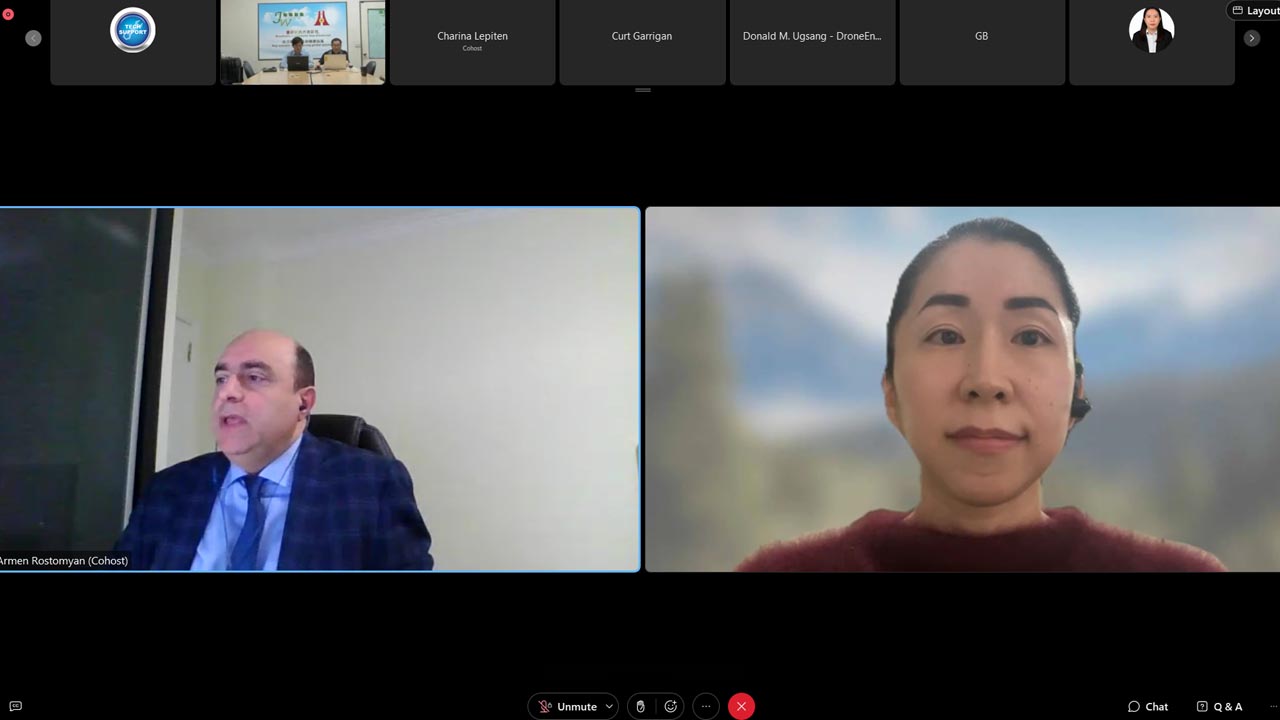
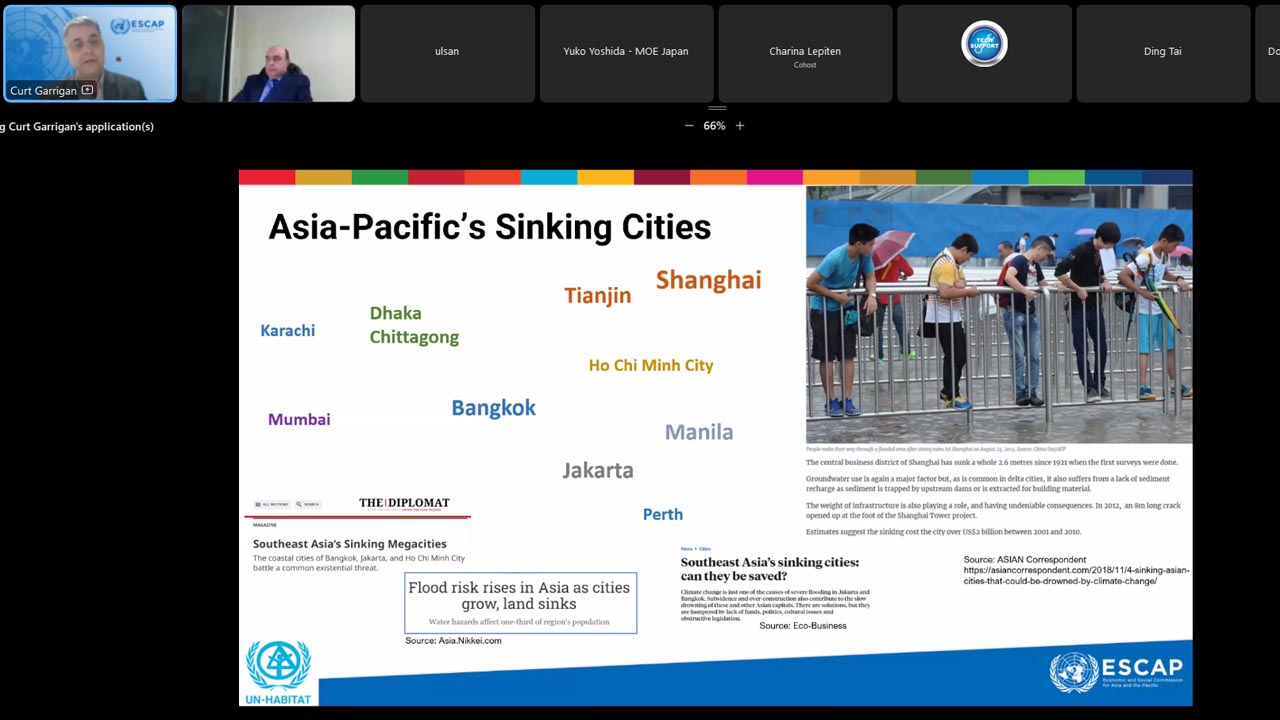
96% of disaster risks are linked directly and indirectly with water. Over 4.5 billion people were affected by water-related disasters between 1998-2017. Although death toll was contained with time and measures, the economic losses have skyrocketed. Less than 10% of DRR financing is invested in disaster prevention and preparedness.
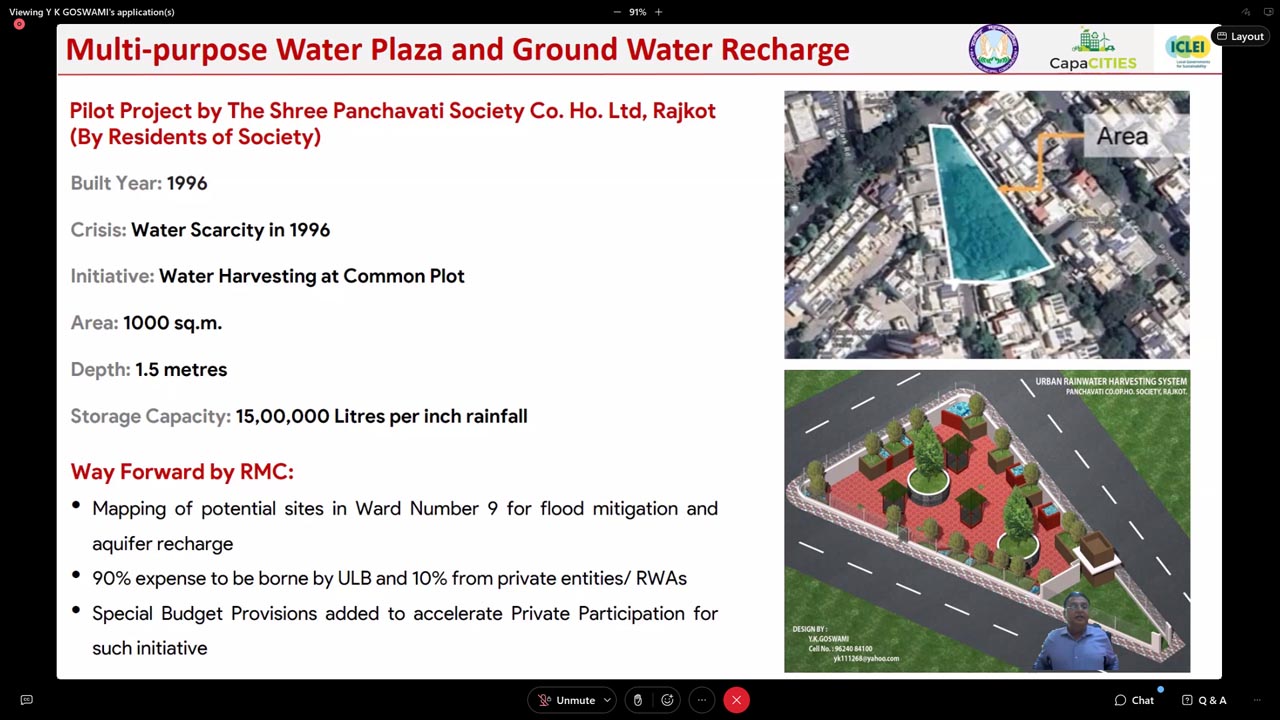
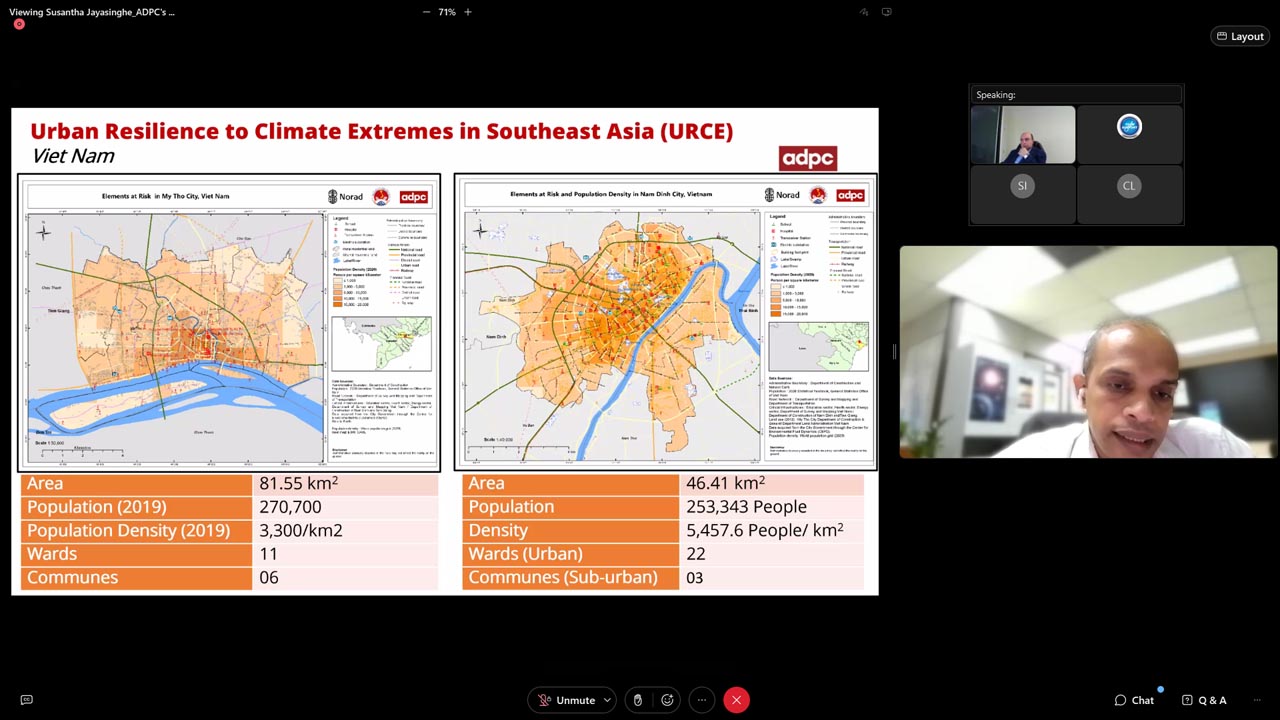
The webinar content was presented by 10 distinguished speakers from AIT.RRC.AP, MoEJ, UNESCAP, UN-HABITAT, UNDRR, IFRC, ICLEI, UCLG, ADPC, and the City Government of Baguio, Philippines. It lasted two hours with two Q&A and discussion Sessions.
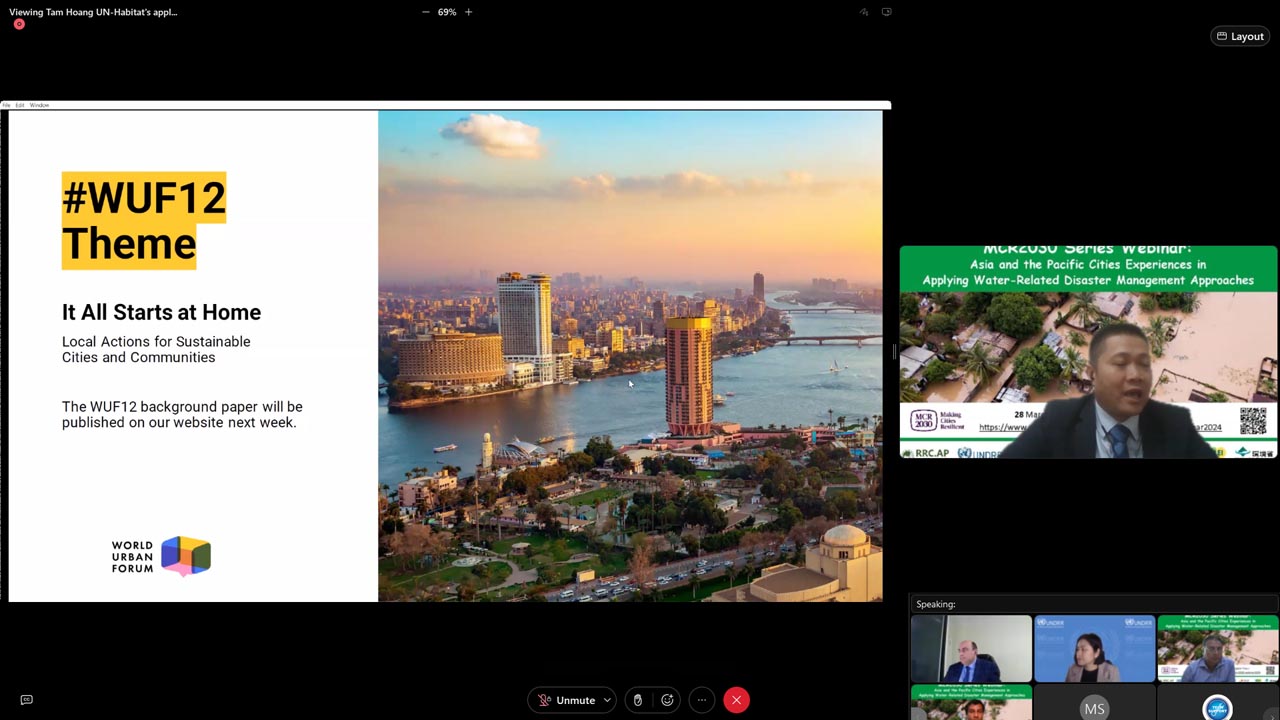
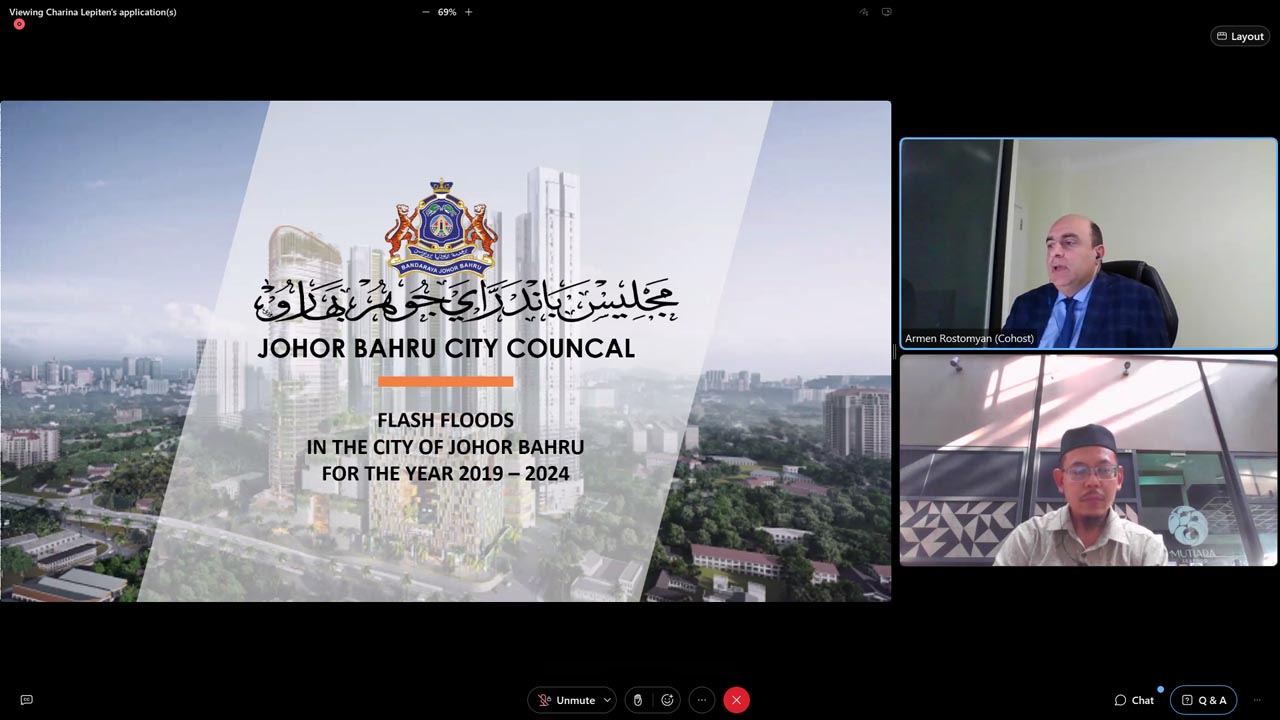
Eight Thematic Sessions Presentations were followed by two 15-minute Q&A Sessions where panel speakers were answering received participants’ questions via the Q&A box. During all webinar sessions, the audience was encouraged to engage with panelists and the moderator through the webinar chat and the Q&A. For each discussion round topic or focus, the audience was also asked for their opinion or perceptions.
The private sector additions to this Asia Pacific MCR 2030 Webinar is of great importance. The grass root level work shared through the webinar by Ding Tai Co., Ltd., Taiwan and Rajkot Smart City Development Limited, India, DroneEntry Company Limited, Thailand were insightful to locally led adaptation measures.
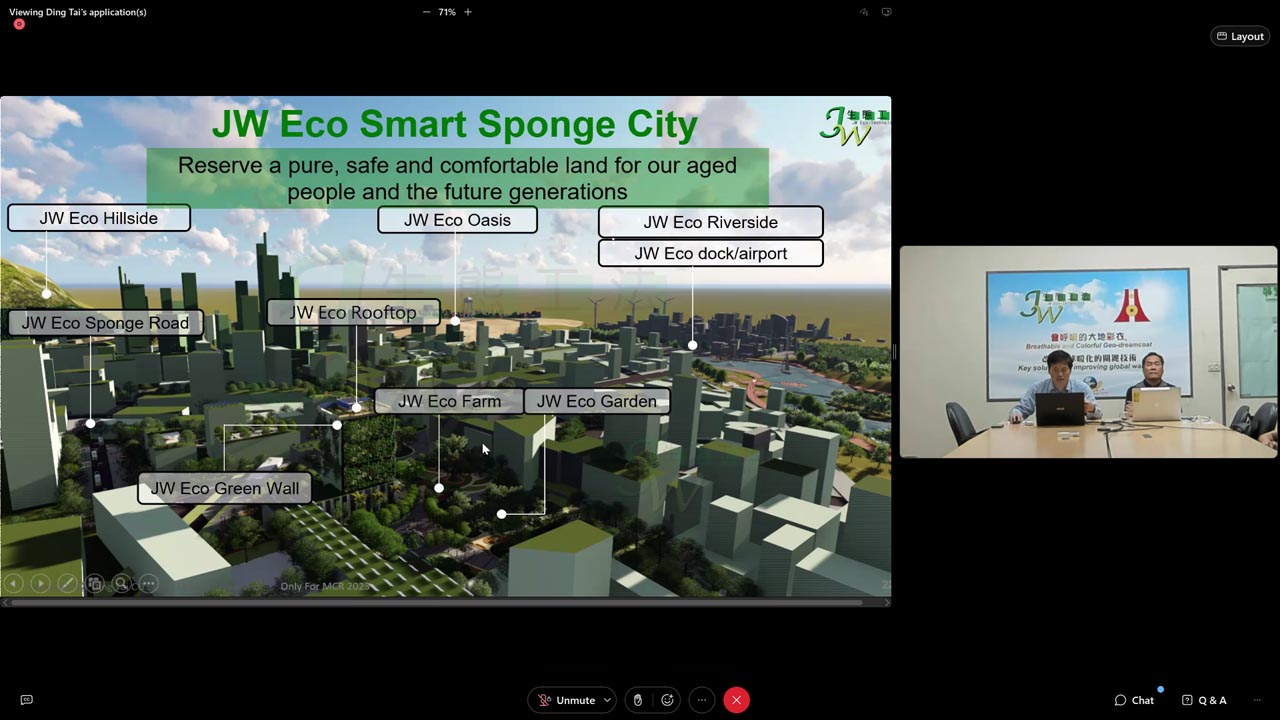
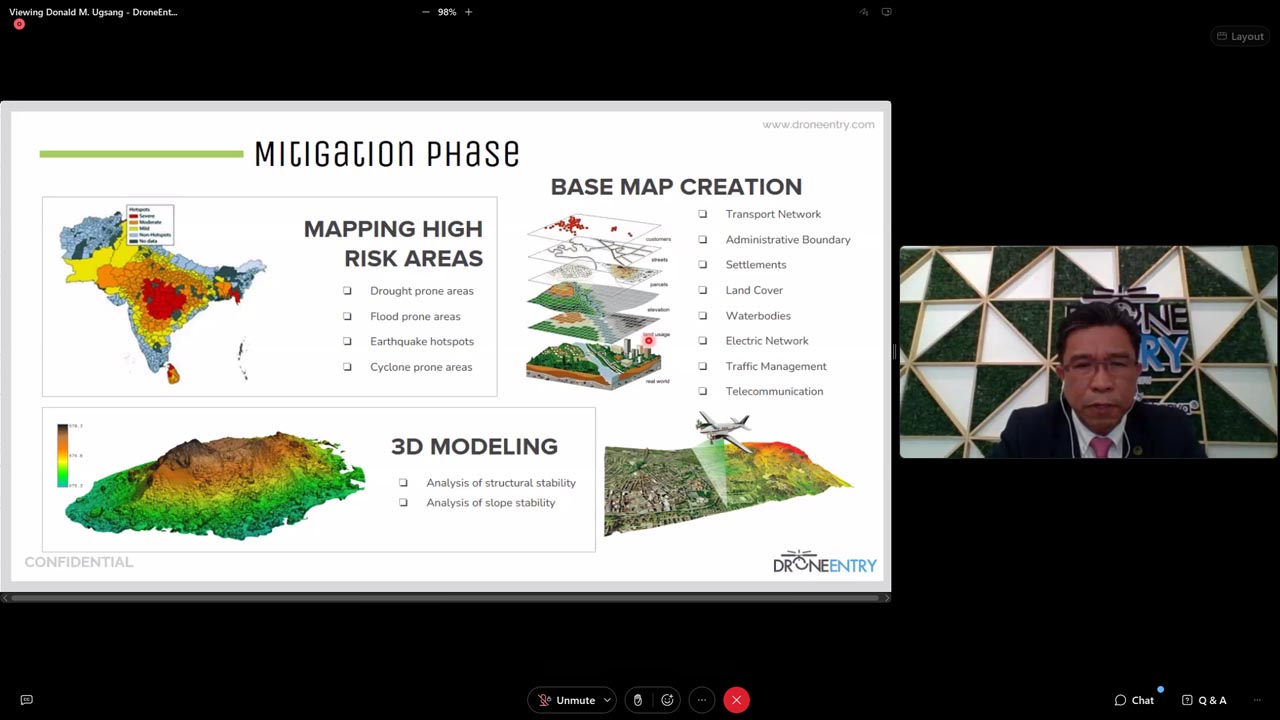
The most useful part of the webinar according to participants were that it provided needed information and shared experiences and best practices on how to engage key stakeholders in cities resilience resilience-building process.
